BoE Chief Economist Huw Pill said plans by new Prime Minister Liz Truss on energy costs could help slowing inflation. He told the Parliament’s Treasury Committee today, “one of the things that does seem to be under consideration … is a change to the relationship between gas prices and retail gas prices in a direction that will lower headline inflation, relative to what we were forecasting,”
Governor Andrew Bailey said, “It’s not for us to comment on what fiscal policy will be and we will wait and see what it is … but I do very much welcome the fact that there will be, as I understand it, announcements this week because I think that will help to, in a sense, frame policy and that’s important.”
MPC member Silvana Tenreyro favors a more tentative approach on tightening. She said, “When close to the equilibrium rate, gradual rate rises allow us to react before we tighten too far into contractionary territory, as we observe the lagged impact of policy and demand on the labor market. They also do not preclude voting for more forceful rate increases in future, should adverse wage-price dynamics take hold.”
On the other hand Catherine Mann reiterated her stance that “a more forceful set of moves in Bank Rate earlier on opens the potential for a policy hold, or even reversal, later depending on the evolution of both inflation and demand relative to supply.”





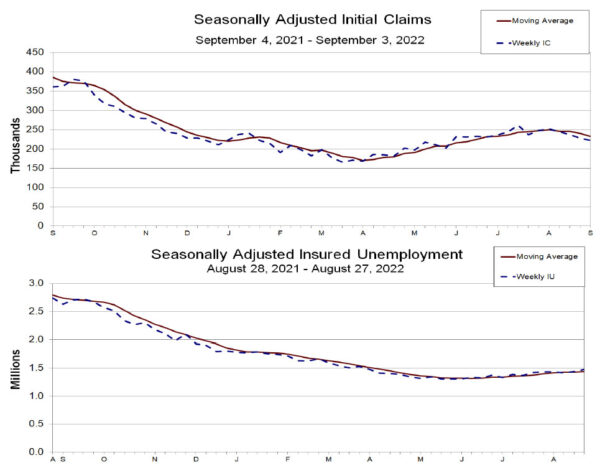
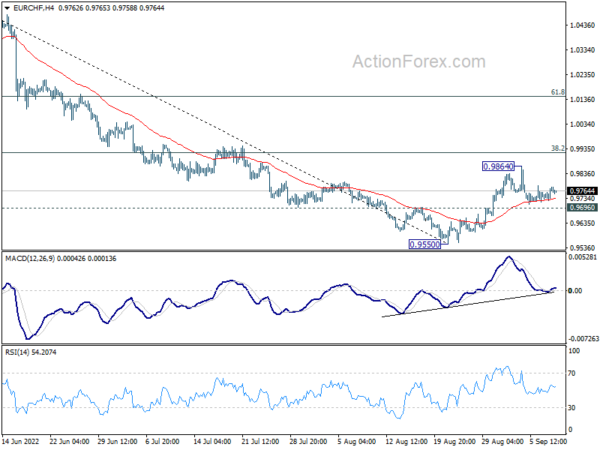
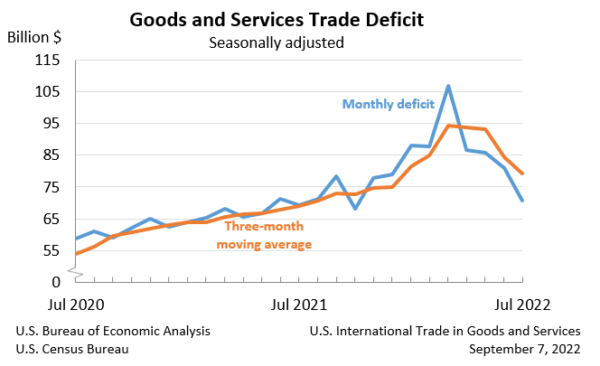
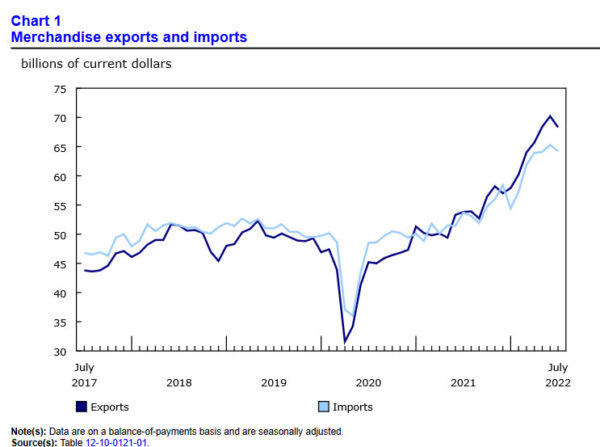
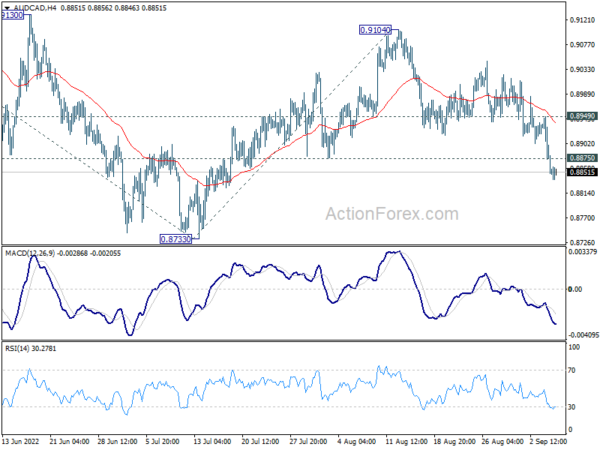
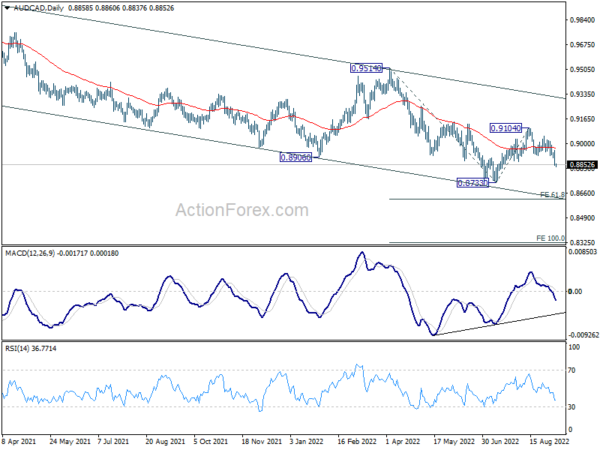
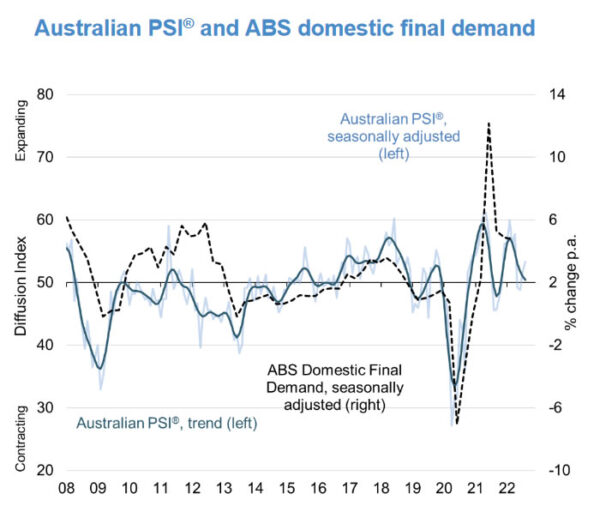
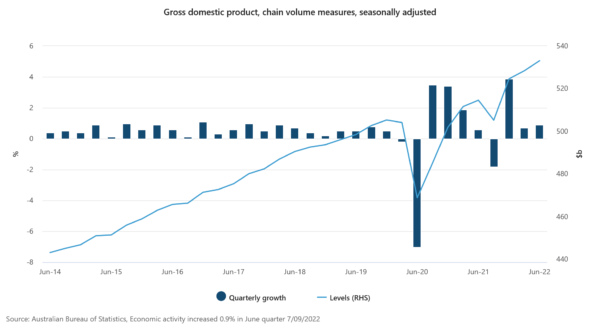

ECB Knot: we only have one problem on our plate – inflation
ECB governing council member Klaas Knot told Dutch radio BNR today, “We expect inflation to keep rising in the coming months, so that means we only have one problem on our plate: inflation. And that will mean that we will have to slow economic growth at least a bit to reduce inflation”.
Another Governing Council member Peter Kazimir said , “Inflation remains unacceptably high. The priority now is to vigorously continue the normalization of monetary policy.” While not commenting on the terminal rate of the current cycle, he said that ECB was still “quite far” from neutral rate.
Francois Villeroy de Galhau said, the central bank must be “orderly and determined” with rate hike. He expects inflation to stay high next year and come back to 2% target by 2024.